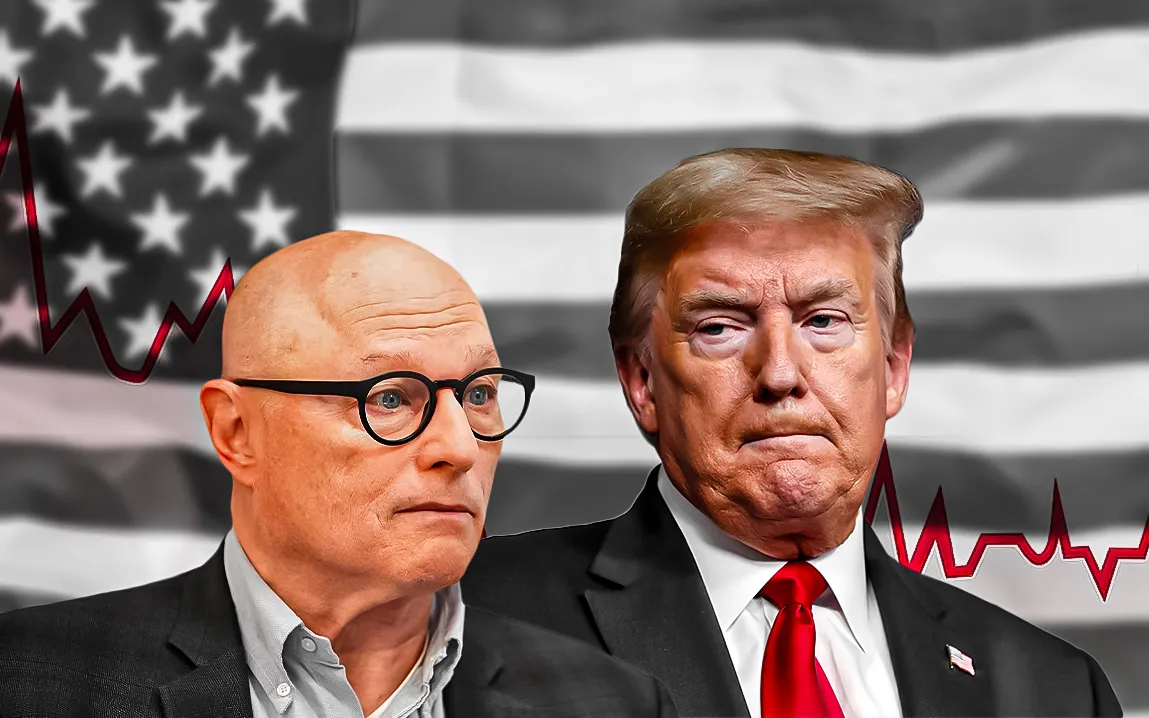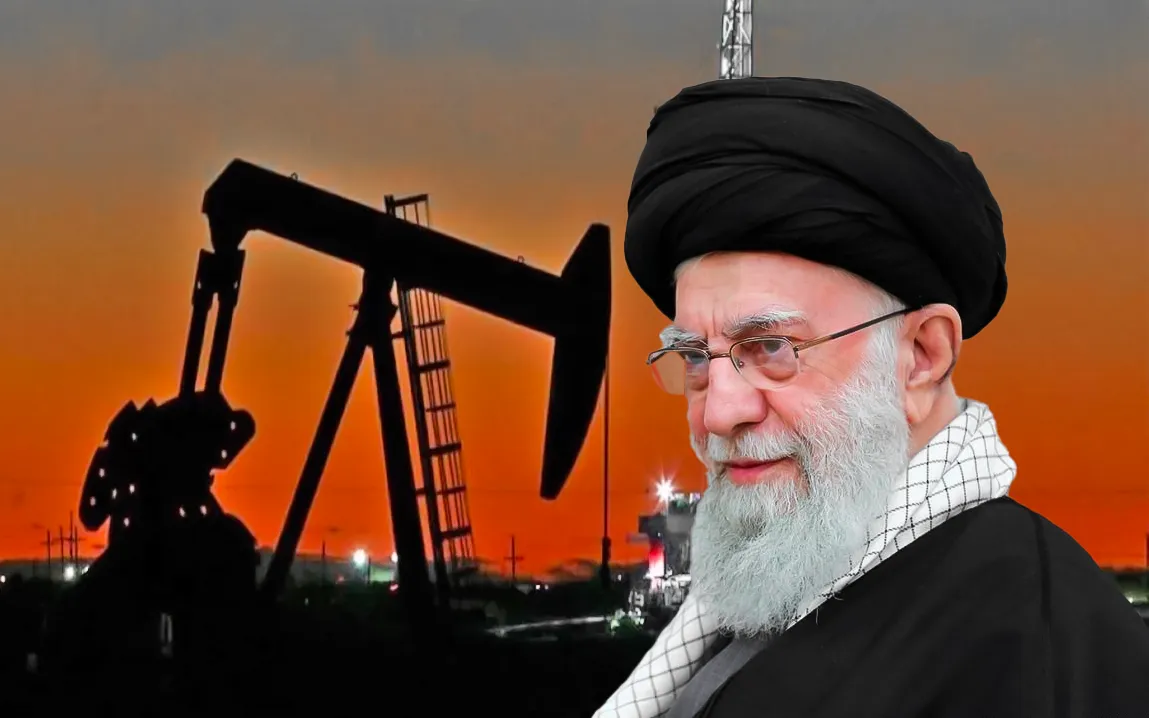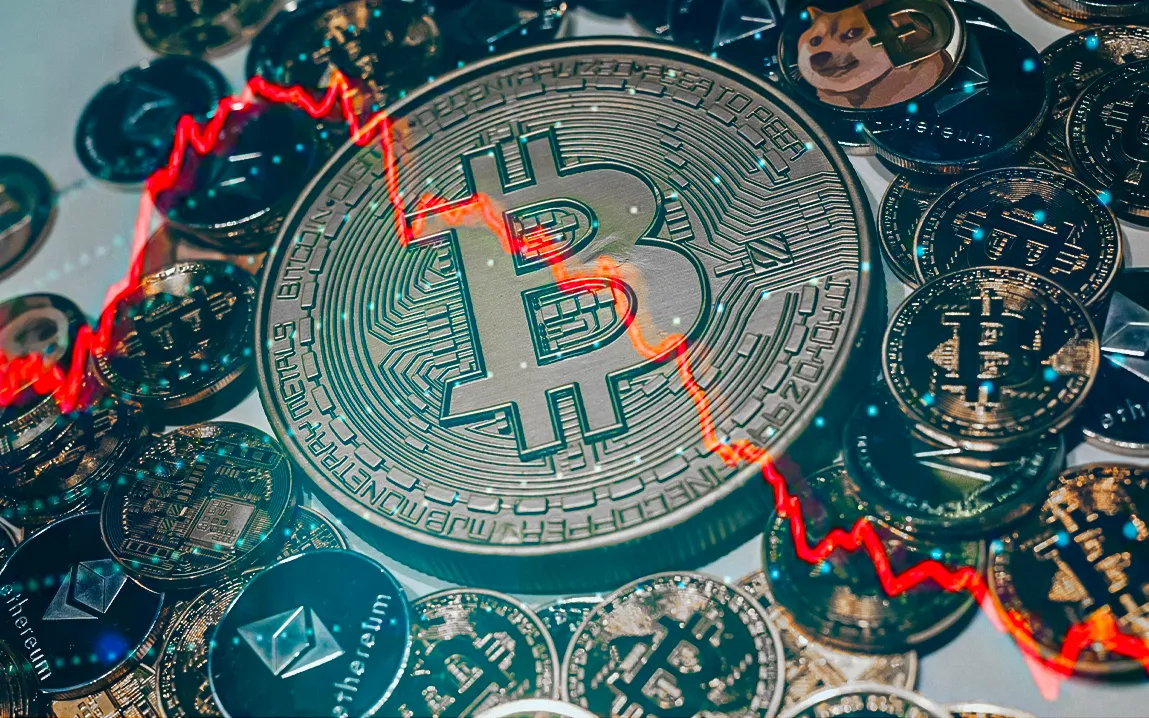In a dramatic shift that’s rattling the global economy, former President Donald Trump has proposed a wave of hefty new tariffs on imports to the U.S. His plan? A flat 10% tax on all imports—with much steeper rates aimed at rivals like China (54%) and the European Union (20%).
This bold move is meant to protect American jobs and industries. But experts are warning: it could do more harm than good.
JPMorgan, one of the world’s largest banks, isn’t mincing words. In a note to clients dramatically titled “There Will Be Blood”, Chief Global Economist Bruce Kasman warned that Trump’s tariff strategy could backfire badly.
He says the new taxes amount to the biggest U.S. tax hike since 1968. And that’s not just a number. Higher import taxes mean more expensive goods for businesses and consumers, supply chain chaos, and rising tensions with major trade partners.
Because of this, JPMorgan has now increased the chance of a U.S. and global recession from 40% to 60%—a serious warning for investors, policymakers, and everyday people alike.
Markets React: $2.4 Trillion Wiped Off
Wall Street felt the impact immediately. Stocks plunged across the board:
- The S&P 500 dropped nearly 5%
- The Nasdaq fell 6%
- The Dow Jones slid 4%
In just one day, $2.4 trillion in market value vanished. For many investors, it brought back memories of the early pandemic-era crash.
Consumers in the Crosshairs
So what does this mean for regular people?
It’s straightforward: prices are going to go up. The things people buy every day such as electronics, clothing, and appliances—nearly all imported—may get more expensive. That’s effectively a secret tax on consumers, even though it’s referred to as a “tariff.”
If prices increase, consumers can spend less. And if spending by consumers slackens, it can drag down the entire economy.
Global Blowback: Likely Retaliation
Trump’s tariffs may not be left unpaid.
The European Union has already threatened to strike back with retaliatory tariffs. China, Japan, and South Korea could also retaliate, pushing trade tensions to escalate into a global confrontation.
Such tit-for-tat trade war would harm not only the U.S., but the global economy as well.
What’s Next? Fed on High Alert
The Federal Reserve could be compelled to intervene. Others expect the central bank to slash interest rates to help ease the pain.
However, rate cuts are only part of the solution. If business confidence declines and global supply chains get disrupted, it may not be enough to stave off a downturn.
Trump’s tariff plan is aggressive—but it’s dangerous. It may gain him political points, but experts say it can send the U.S. economy into recession, harm consumers, and cause a global economic chaos.
With or without this plan coming to fruition, one thing is certain: the ride ahead could get rough for companies, markets, and ordinary Americans.



